US still involved in Afghanistan, utilizes proxies, Daesh terrorists to foster instability, Iranian envoy warns
Iran’s special envoy to Afghanistan Hassan Kazemi-Qomi says the United States has not yet left Afghanistan and its people after its rash mid-August military withdrawal, and is using proxies and Takfiri terrorist groups such as Daesh to foment instability and insecurity in the war-torn country.
“The Americans have not left Afghanistan and its people alone so far and we are witnessing instability and insecurity in this country through [US] proxy war tools and Takfiri [terrorist] groups such as Daesh,” Kazemi-Qomi told reporters in Islamabad.
He noted that the situation in Afghanistan affects the security and stability of the entire region.
Kazemi-Qomi was in Pakistan to attend the 17th extraordinary session of the Organization of Islamic Cooperation (OIC) Council of Foreign Ministers on the situation in Afghanistan.
He described the session as “an influential step” towards getting out of the crises in Afghanistan.
He explained Tehran’s position at the event, saying the Islamic Republic stressed the importance of the formation of an inclusive and national government in Afghanistan.
Such a government, he continued, would subsequently overcome the economic and security problems, which are the fallout of at least 20 years of American occupation.
According to Kazemi-Qomi, Iranian Foreign Minister Hossein Amir-Abdollahian’s remarks at the meeting were welcomed during the session.
The OIC held the extraordinary session with the aim of alleviating the humanitarian crisis in Afghanistan.
The freezing of assets and humanitarian aid worth billions of dollars by the US and its European allies has plunged Afghanistan into an unimaginable crisis, with millions of people teetering on the brink of starvation.
Amir-Abdollahian meets Afghanistan’s acting FM
Meanwhile, Taliban spokesman Zabihullah Mujahid announced in a tweet that Amir-Abdollahian met with Afghanistan’s acting Foreign Minister Amir Khan Muttaqi on the sidelines of the OIC’s extraordinary meeting.
According to the spokesman, the two sides discussed the current security and humanitarian situation in Afghanistan as well as bilateral ties.
“Trade, economic and political relations were also discussed,” he added.
اسلامي امارت د بهرنيو چارو وزير مولوي امير خان متقی د افغانستان په اړه د او آي سي نړيوال کانفرانس په جريان کي د ايران د بهرنيو چارو وزير ښاغلي عبداللهيان سره وليدل او د افغانستان پر اوسني امنیتي او بشري وضعيت يې د خبرو تر څنګ پر خپل منځي تجارتي، اقتصادي او سياسي اړيکو خبري وکړې. pic.twitter.com/ZBJe4oCAor
— Zabihullah (..ذبـــــیح الله م ) (@Zabehulah_M33) December 19, 2021
‘Taliban will never allow US to get activated militarily’
Also on Sunday, Iran’s deputy ambassador to Afghanistan Seyyed Hassan Mortazavi met Afghanistan’s acting second deputy prime minister Abdul Salam Hanafi.
Speaking at the meeting, the top Afghan official said the Taliban “will never allow the United States to cooperate [with Afghanistan] in the military field.”
Elsewhere in his remarks, Abdul Salam Hanafi noted that Washington is still exerting pressure on Afghanistan, despite the country’s economic problems.
For his part, Mortazavi stated that Iran will continue to provide aid to the Afghan people.
The Taliban militant group took power in Afghanistan in mid-August, as the US was in the middle of a chaotic troop withdrawal from the country.
The group announced the formation of a caretaker government on September 7, but their efforts to stabilize the situation have so far been undermined by international sanctions, as banks are running out of cash and civil servants are going unpaid.
The new rulers have warned Western diplomats that insisting on sanctions as a means to pressure their governance could undermine security and trigger a wave of economic refugees.
Meanwhile, neighboring countries of Afghanistan have stepped forward to offer help to the crisis-stricken country.
Iran, which shares a 900-kilometer border with Afghanistan, has welcomed Afghan refugees and sent food trucks to the country.
Iran has been hosting millions of documented and undocumented Afghans for the past four decades. It currently hosts one of the largest refugee populations in the world.
According to The United Nations High Commissioner for Refugees (UNHCR), in 2020 Iran sheltered more than three million Afghans, including nearly two million undocumented migrants and 800,000 refugees.
The Taliban first ruled Afghanistan from 1996 to 2001, when the United States and its allies invaded the country and toppled the Taliban-run government on the pretext of fighting terrorism following the September 11 attacks in the US.
Iran: US airstrikes on Yemen war crimes, violation of international law
Yemeni armed forces down F-18 fighter jet, repel US-UK attack: Spokesman
Iran warns against US-Israeli plot to weaken Muslims, dominate region
VIDEO | Public uproar in US against Israeli regime
‘Ghost town’: 70% of Jabalia buildings destroyed by Israel
Mother’s Day: Sareh Javanmardi’s inspiring journey as Paralympic champion and mother
Russia downs over 40 Ukrainian drones as Putin vows 'destruction' on Kiev
VIDEO | Yemen: A bone in Israeli neck


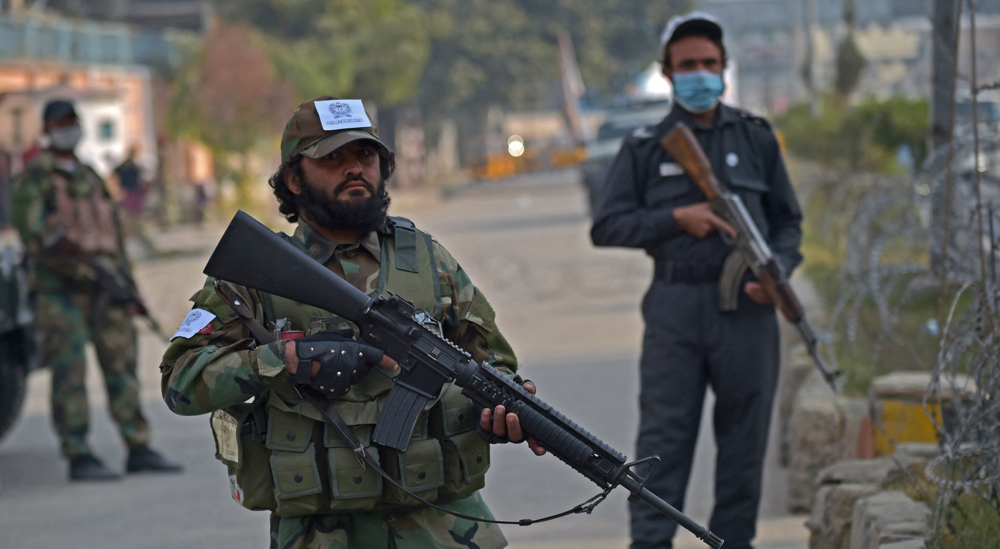
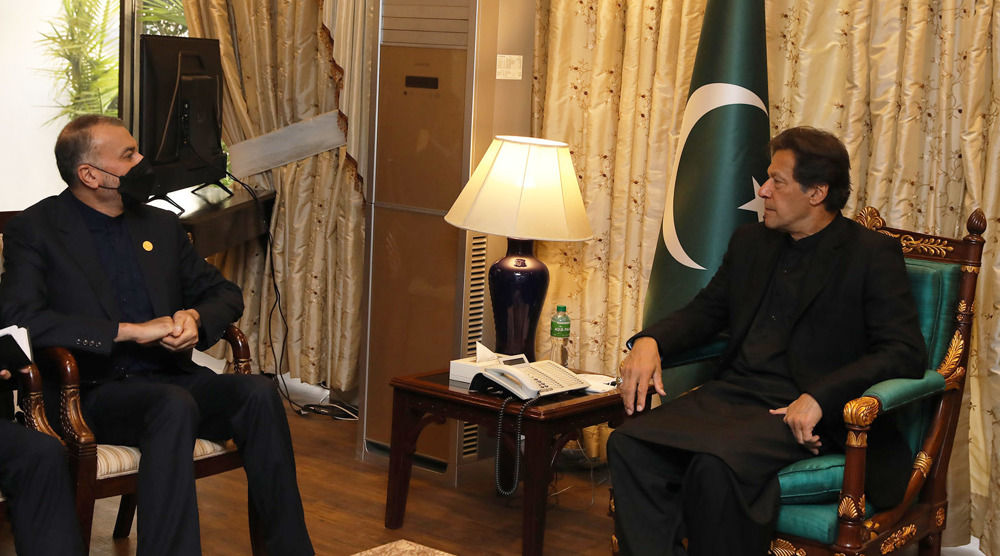
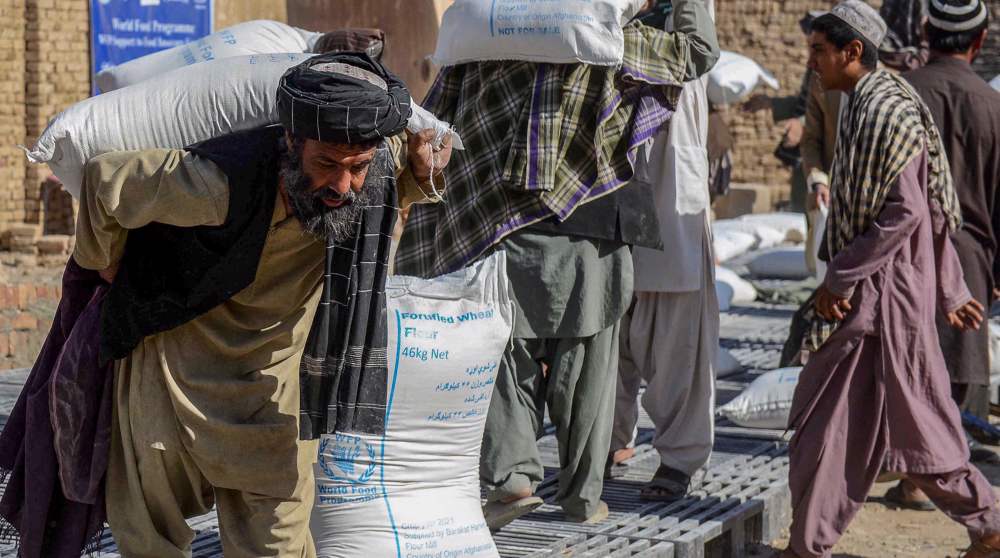






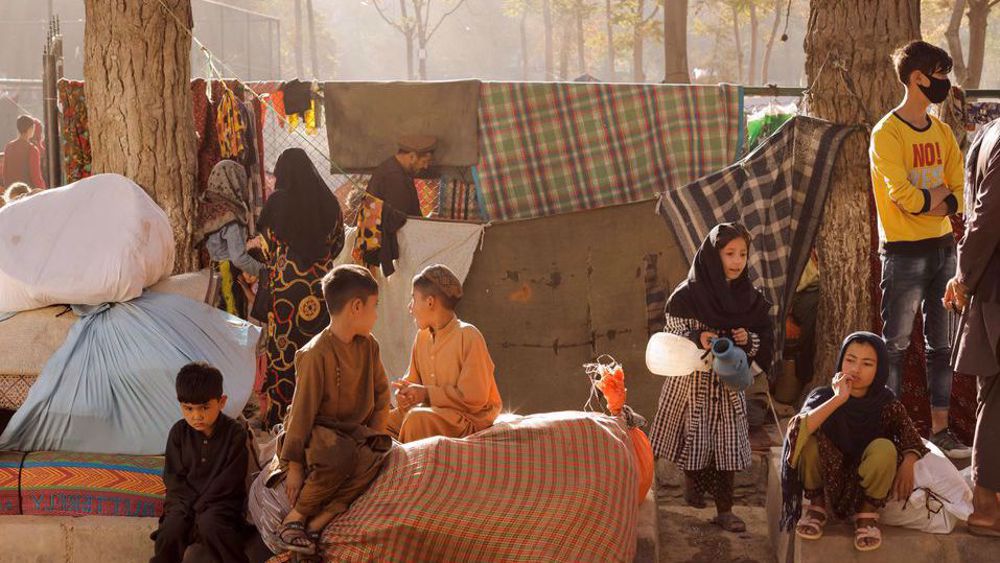
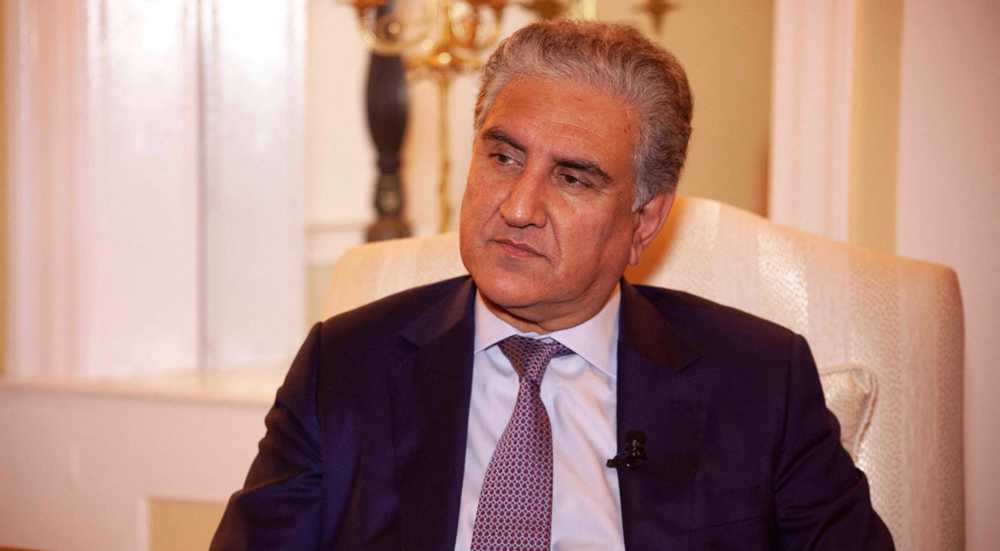
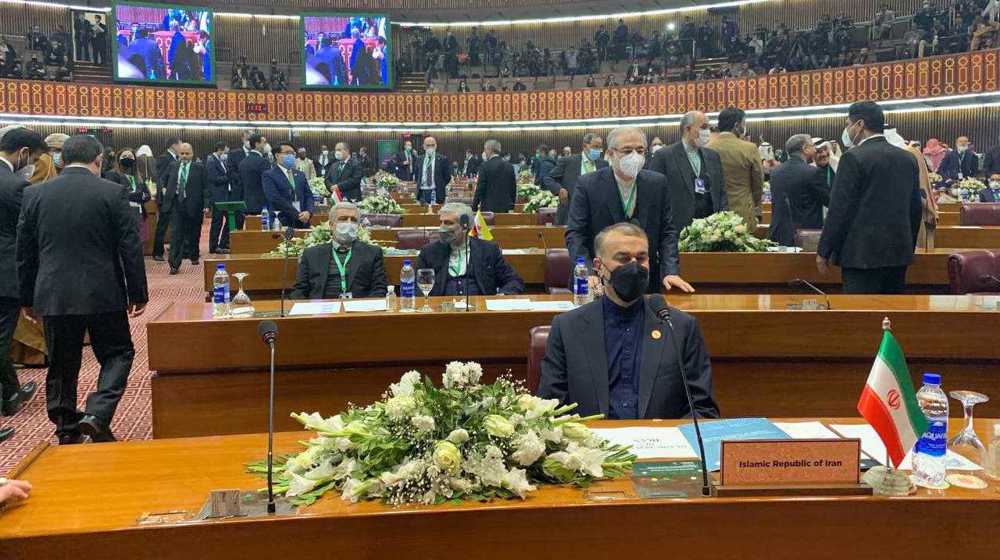
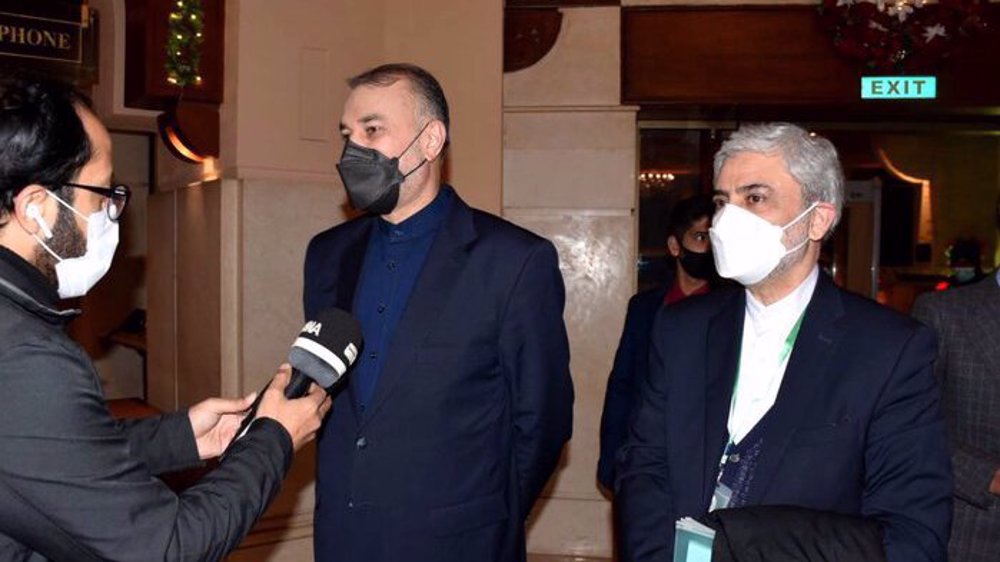

 This makes it easy to access the Press TV website
This makes it easy to access the Press TV website